৩ ফাল্গুন ১৪৩২
Split Roles Won’t Weaken PM’s Power, but May Stir Party Conflicts: Analysts
08 September 2025 20:09 PM
NEWS DESK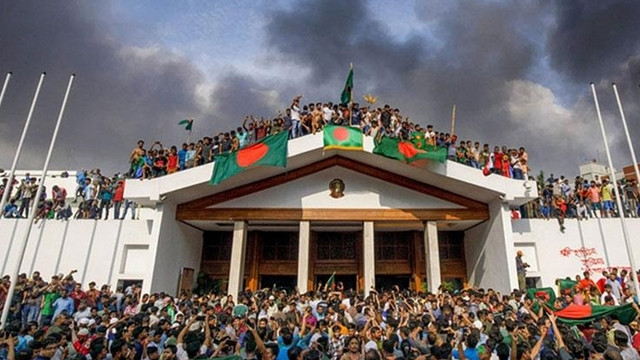
Though separating the roles of party chief and head of government may seem like a move toward democratic reform, political analysts believe that a Prime Minister’s executive power will remain virtually unchanged—even if they no longer serve as party leader. However, they caution that such a shift could fuel internal conflicts and power struggles within political parties.
Seen as a "lesser evil," analysts suggest that this separation could encourage internal party democracy and promote ethical political conduct. Yet, the broader question remains: will an increase in the President’s powers truly bring about an effective balance of power? Experts remain skeptical.
The core objective of the "July Charter"—which emerged from long negotiations with political parties and was proposed by the Consensus Commission—is to prevent future authoritarianism by ensuring that no single individual can consolidate both party and state power. The commission's key recommendation is that the same person should not hold both the office of Prime Minister and the position of party leader. However, several parties, including the BNP, have formally dissented.
Despite this recommendation, analysts argue that if dynastic politics remains intact, the separation may not significantly affect the Prime Minister's influence. Still, they agree that the move could open up more space for democratic practices and the rise of new leadership within political parties.
Former Secretary Abdul Awal Mazumder stated, “Even if the Prime Minister is not the party chief, their power and influence will not be diminished in the slightest. The control will remain unchanged. If there is any distance between the Prime Minister and the party chief, it will be the latter who fades away—not the former.”
Dr. Mirza M. Hassan, an advisor at BRAC Institute of Governance and Development (BIGD), warned that “if the roles are split and relations between the two leaders sour, it could even lead to the disintegration of the party.”
In an attempt to create a balance of power, the Consensus Commission has also recommended increasing the President’s authority. This includes forming separate committees for appointments in constitutional bodies and granting certain appointment powers directly to the President. While most parties support this, the BNP and allied parties have raised objections.
Dr. Hassan noted, “Bangladesh’s political culture tends to skew heavily toward whatever the government wants. So, despite proposing new mechanisms, the actual outcomes are often dictated by the ruling party’s interests.”
Abdul Awal Mazumder added, “Even if the President is granted some new powers, he will likely be a politically appointed figure. Those who are elected to the presidency under such a system are unlikely to assert that power, rendering the reform largely symbolic.”
While the proposed reforms are not without risk or controversy, analysts agree that change is necessary to move away from outdated political systems. Ultimately, they stress that success depends on strong consensus among political parties.




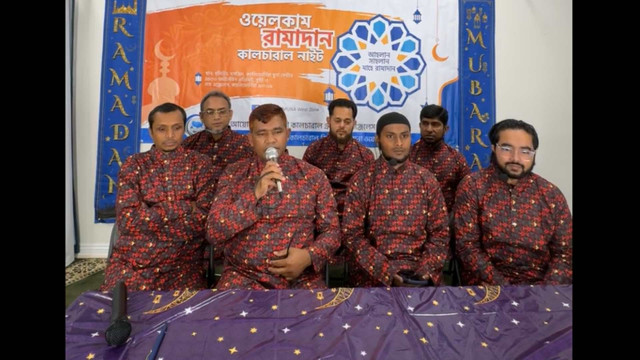

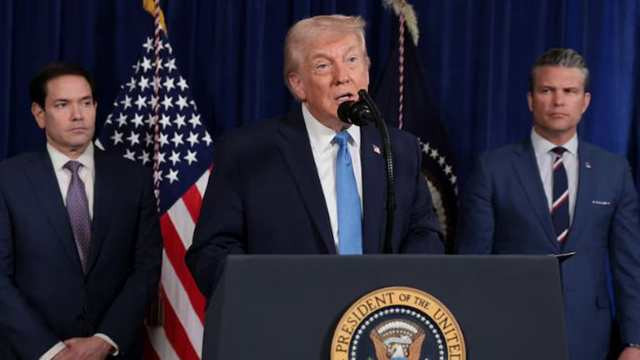

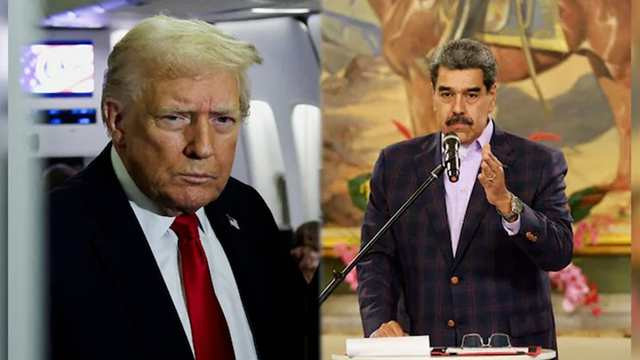
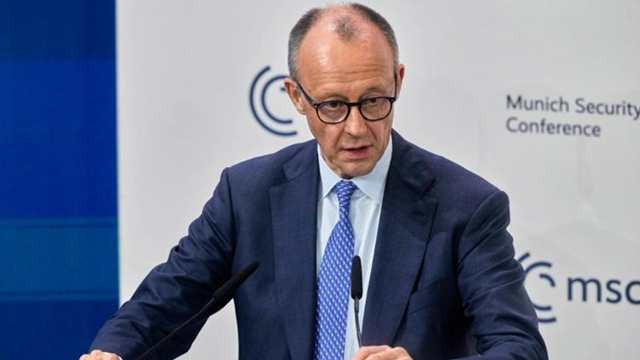
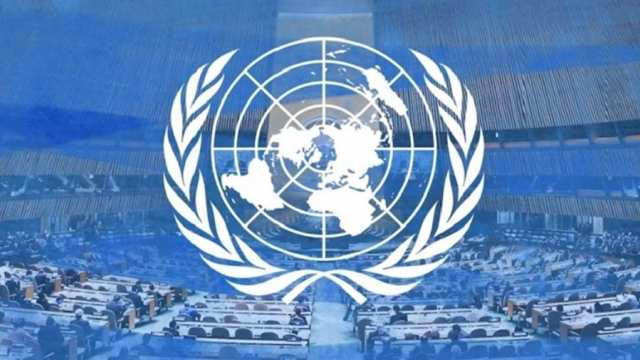
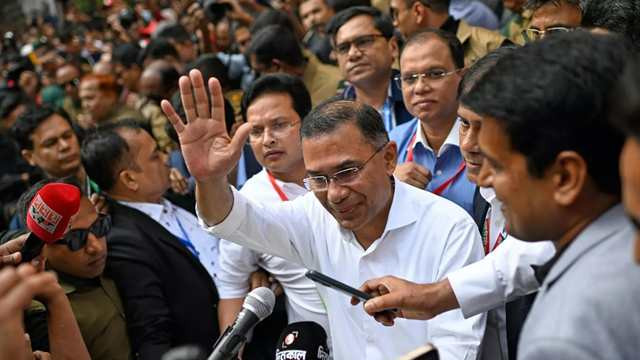
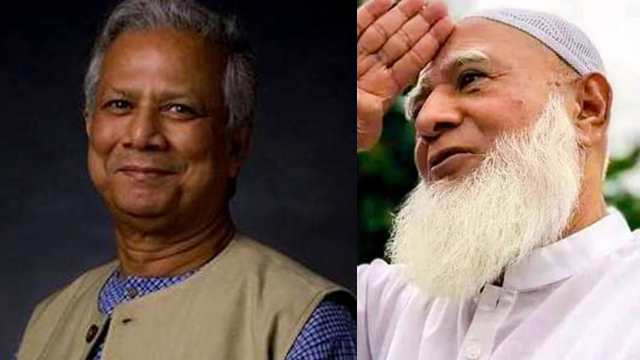
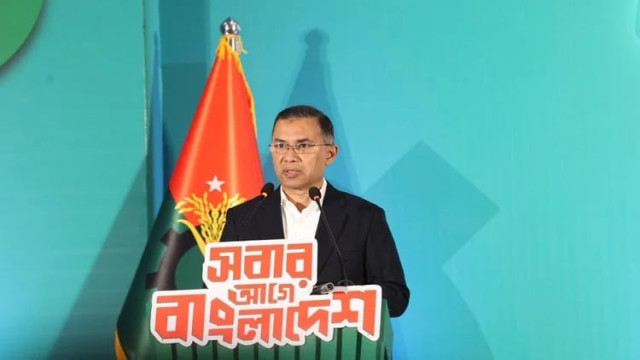
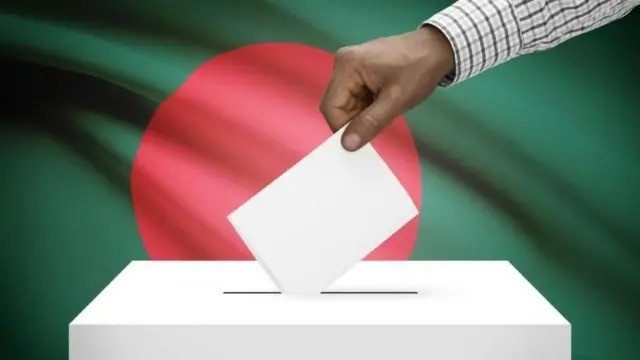
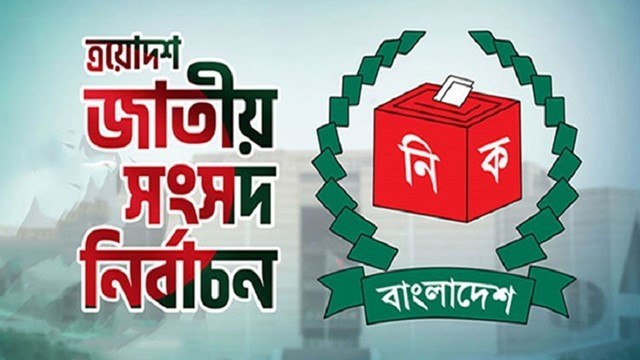

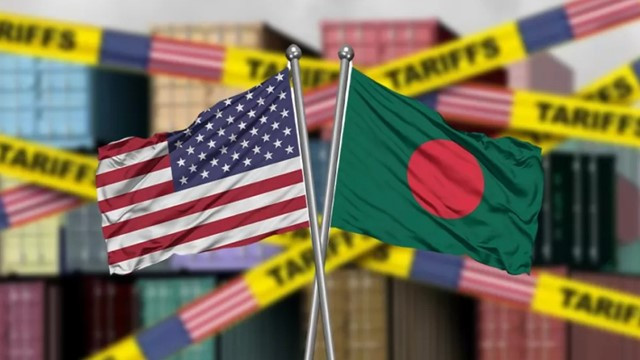
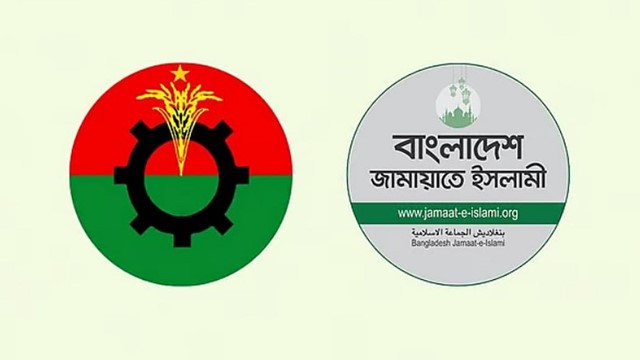
Comments Here: